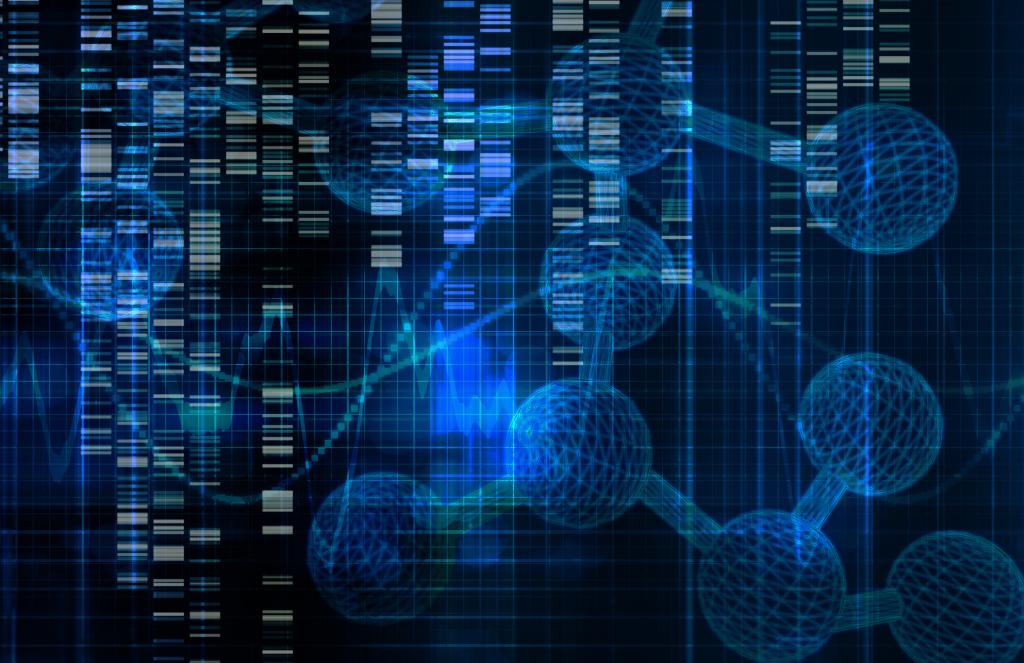Careers
Admission CTAs
Main navigation
Section Navigation: School of Systems Biology
Career and Post-Doc Opportunities
Posted 2/4/26
Multiple Internship Opportunities
GenMab
The QSP team at Genmab is currently offering multiple internship opportunities for motivated students. These positions are ideal for candidates with familiarity in systems modeling (ODE-based) and experience with MATLAB/SimBiology.
Please find the job descriptions here: https://careers.genmab.com/global/en/job/R14682/Quantitative-Systems-Pharmacology-QSP-Modeling-Intern?utm_source=linkedin&utm_campaign=job-share&utm_medium=social-share
Posted 1/29/26
Summer Internship for PhD students
Genentech
An internship position is available for a highly motivated and independent scientist to join the Yewdell Lab in the Department of Immunology Discovery at Genentech. The Yewdell Lab is a dynamic research team investigating the role of B cells and antibodies in inflammatory and autoimmune diseases. We implement cutting edge technologies and methods in cellular immunology, molecular biology, and genomics to advance research stage programs into early clinical development. Projects may focus on understanding the biology of plasma cells and/or autoreactive antibodies across various immunological diseases.
Required education: must be pursuing a PhD in Immunology, Molecular Biology, Cell Biology,
Biomedical Sciences, or any field related to Cellular Immunology. The ideal candidate will:
• Have extensive hands-on experience in cellular and molecular immunology techniques,
including primary cell isolation from tissues, in vitro stimulation of mouse and/or human
immune cells, flow cytometry, and advanced cell culturing.
• Be able to independently design and execute experiments, interpret data, and make
figures/presentations to share data.
• Have exceptional critical thinking skills and an appreciation for rigorous, well controlled
science.
• Have demonstrated the ability to be highly motivated and work independently.
• Proficiency in multicolor spectral flow cytometry, including panel design, acquisition, and
analysis preferred, but not required.
• Experience with bulk and single cell RNA sequencing analysis preferred but not required.
Please contact yewdell.teddy@gene.comor bartleson.juliet@gene.com with any questions.
Posted 12/16/25
Postdoctoral Training Program
Tufts University
There is a postdoctoral training program that is in place at Tufts University in Boston, Massachusetts, and they hope that you will pass information about this opportunity on to your graduate students & early postdocs. This program, called Tufts IRACDA (Institutional Research and Academic Career Development Awards Program), is funded by NIH-NIGMS. NIH funding for this program has recently been reinstated. While the long-term commitment from the NIH remains uncertain, we are dedicated to supporting Scholars through this program for as long as we are able. Mentors and applicants should be aware of the possibility that funding may be once again terminated by the NIH.
Tufts IRACDA prepares talented young scientists for the multiple demands of an academic career in biomedical research. Scholars spend on average 75% of their time conducting bench research and 25% of their time in career development activities. Key features that make our program attractive to postdocs are:
- In this 4-year program, the first year is funded by the research mentor with Years 2-4 funded by the NIGMS IRACDA grant. For these latter three grant-funded years, we provide salaries of 77k and up! The exact level is determined by mentor funding capacity in &ear 1 and years of postdoctoral experience.”
- Outstanding research opportunities in cell and developmental biology, genetics, molecular biology, microbiology, immunology, neuroscience, biomedical engineering, chemical biology and nutrition.
- Development of teaching skills through mentored classroom assignments at minority-serving institutions in the Boston area and workshops on teaching methods that encourage active learning.
- Workshops on essential skills such as grant and manuscript writing, mentoring, lab management, and scientific presentations as well as coaching throughout the job search process.
- A tight-knit community of postdocs interested in academic careers plus opportunities to network with scholars in the 20 other IRACDA programs across the nation.
- Successful job searches: We have placed 48 of our 54 alumni (89%) at institutions of higher education across the country, with 85% of these being tenure-track positions.
- Campus locations in the Boston metropolitan area, a hub of biomedical research in academia and industry as well as a city rich in culture, sports and access to outdoor activities and extensive public transportation.
The application deadline for positions beginning in the fall of 2026 is March 15, 2026. Later applications will be considered if positions are available. Applicants must be U.S. citizens or permanent residents with no more than two years of postdoctoral training at the time of their appointment to the program. We are looking for scholars who are passionate about research, want to develop skills critical for an academic research career and to gain experience with innovative teaching practices, and are committed to increasing diversity in the academic environment.
For additional information on the Tufts IRACDA program and application procedures, please visit our website, or contact us with questions.
